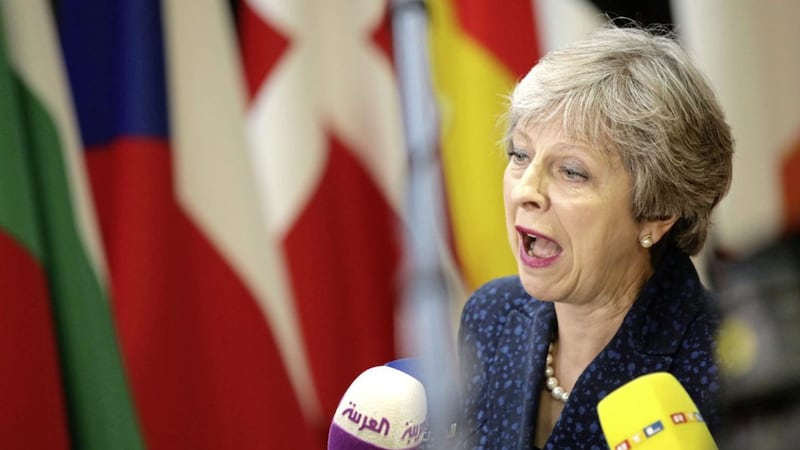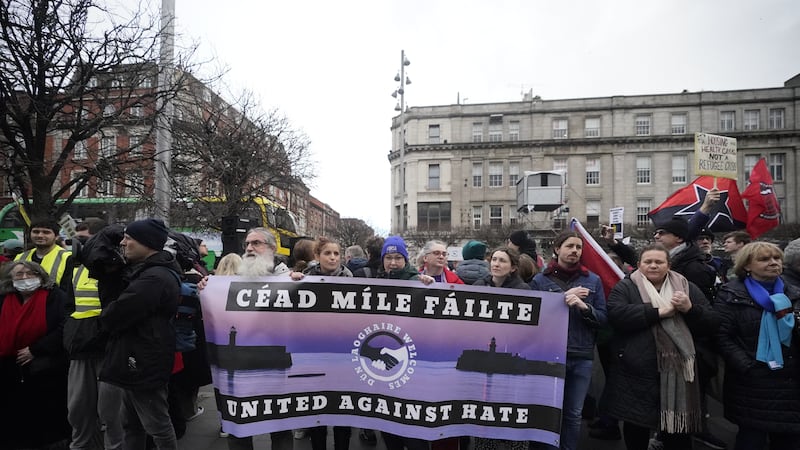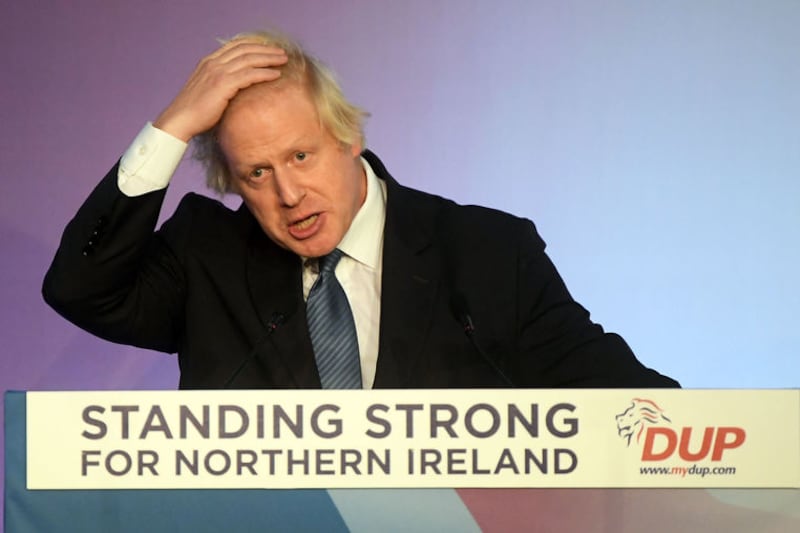Brexit is nothing if not a rollercoaster ride.
Less than a fortnight ago the 'facilitated customs arrangement' that emerged from Theresa May's Chequers' sleepover was heralded as a breakthrough deal that would ensure a soft Brexit and avoid the untold economic damage that many predict if the UK were to 'drive off a cliff'.
David Davis's decision to quit ahead of the publication of the British government's Brexit white paper was regarded by many observers as an acceptable level of collateral damage, after all, he was largely ineffectual.
Likewise, the subsequent resignations, which while doing little to bolster Mrs May's morale didn't fatally undermine her either.
But the balance of power in the Tory party is so finely poised that it was somehow inevitable that fortune would soon shift in favour of the Brexiteers, who in securing amendments to the customs bill have put flesh on the bones of their Eurosceptic rhetoric.
Mrs May insists the Chequers deal is alive and well, and that the amendments merely reflect her government's policy, though it would appear they impose greater constraints on the British prime minister in her negotiations with the EU.
READ MORE:
- Theresa May to visit the border tomorrow ahead of key Brexit speech
- Fines and possible police probe for campaign group at heart of Brexit
The DUP was typically sanguine about the outcome, insisting the pledge to have no border in the Irish Sea was "good news for Northern Ireland business".
The assurances about free-flowing east-west trade will likely be welcomed in all quarters but it's the knock-on effect for north-south relations that worries nationalists and others who harbour sincere support for a soft border.
The Dublin government was being uncharacteristically reticent, with its spokespeople rather than the taoiseach or the tanaiste giving their immediate assessment of Monday night's developments.
The Department of Foreign Affairs sought to play down the significance of the amendments, echoing Mrs May's assertion that the UK government had always maintained there would be no customs checks between Northern Ireland and Britain.
The spokespeople were also keen to repeat Britain's commitment to the avoidance of a hard border, as reaffirmed in its Brexit white paper.
Notably, however, in the midst if concerns that the Brexiteers' interventions had put the kibosh on the EU's 'backstop', Dublin was insisting there would be no Withdrawal Agreement without UK commitments to ensure unhindered north-south trade.
It's difficult to discern whether the Irish government's reluctance to characterise the latest developments at Westminster as a disaster was down to diplomacy, apathy, or being wrong-footed but the Republic's main opposition parties were more vocal and pointed in their assessment, insisting the prospects of a hard Brexit were now much greater.
The 'no deal' die wasn't entirely cast at Westminster on Monday night but clearly the odds increased on Britain going off the cliff and taking a perennially vulnerable Northern Ireland with it.







